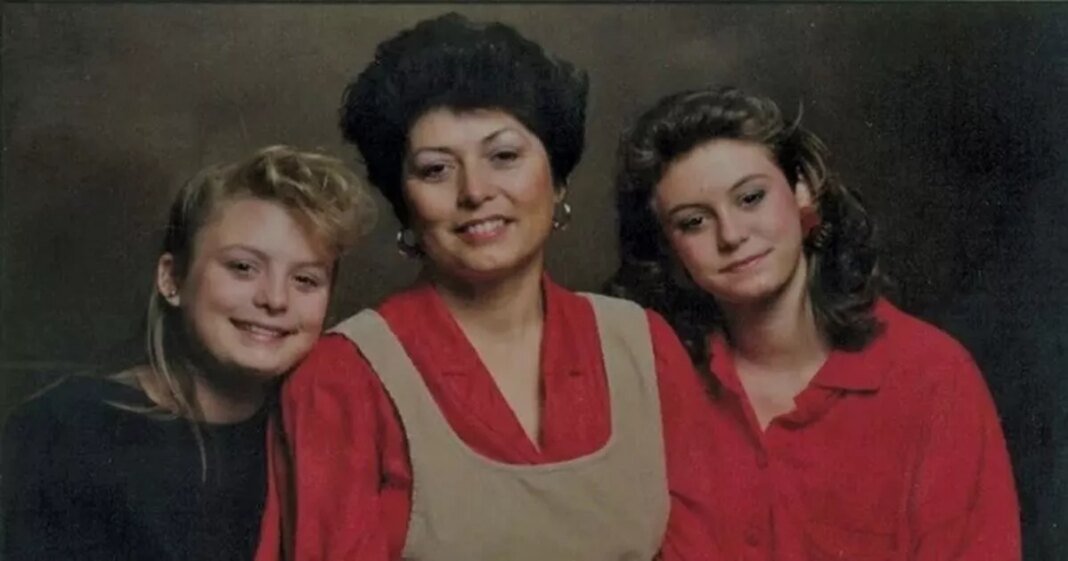On a typical Friday night in December 1991, a fire was reported at a yogurt shop by a patrol officer around midnight. Emergency services were shocked by the gruesome scene they encountered upon entering the closed shop. Inside, four teenagers, aged 13 to 17, were found murdered. Two of the victims, 17-year-olds Jennifer Harbison and Eliza Thomas, were employees who had worked until 11 pm. Jennifer’s 15-year-old sister Sarah and their 13-year-old friend Amy Ayers had visited to get a ride home after closing.
The victims had been tied up, shot, and the shop was set on fire in an attempt to conceal the crime, according to reports. Investigators discovered two firearms and evidence of sexual assault on at least one victim. Witnesses recalled seeing suspicious behavior prior to the incident, including a man spending an unusually long time in the back room and two men acting strangely before closing.
The case of the four murdered schoolgirls in Austin, Texas, proved challenging for detectives due to extensive fire and water damage, hindering evidence collection with the limited forensic tools available at that time. It wasn’t until 1999 that four young men – Maurice Pierce, Michael Scott, Robert Springsteen, and Forrest Welborn – were apprehended. Scott and Springsteen later confessed to the murders.
However, the charges were dropped after new DNA testing excluded the original suspects, leading to the release of the two men by 2009. Despite numerous confessions related to the Yoghurt Shop Murders over the years, no one has been prosecuted. Advancements in forensic science allowed for the identification of partial male DNA from evidence linked to one victim.
While Y-chromosome testing initially showed promise, it failed to pinpoint a specific suspect. Prosecutors stated they would not pursue a retrial until the unknown male DNA could be matched to a potential suspect. The victims’ families’ relentless efforts led to the enactment of the Homicide Victims’ Families’ Rights Act in 2022, requiring federal agencies to reexamine cold cases upon request using updated technology.
Inspired by the Austin Yogurt Shop Murders, the act aims to enhance cold case investigations. The investigation into the case remains active, with authorities utilizing advancements in forensic testing to reevaluate preserved evidence when necessary. Decades later, the unresolved mystery of the young victims’ tragic fate continues to captivate public interest. Those interested can explore “The Yogurt Shop Murders” on Amazon Prime.



